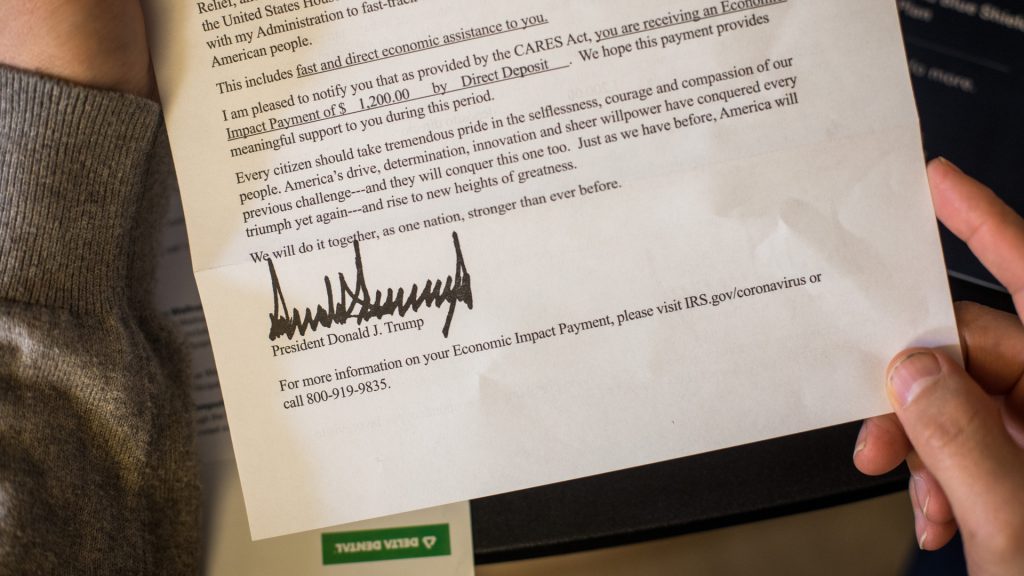
Published April 20, 2020
The contrast between President Trump’s erratic news conferences and tweets and the stable performances of public health officials such as Anthony S. Fauci and Deborah Birx is glaring. That dichotomy points to a constant but unheralded element of Trump’s presidency: On policy, he almost always defers to others.
Trump’s wild mood swings and often intemperate words would cause panic in a normal administration. Indeed, they did at the beginning of Trump’s presidency as leaders at home and abroad looked to them to ascertain what the new leader planned to do. Used to normal politicians who aim to present a consistent image, observers and policymakers struggled to make sense of a president who reveled in creating turmoil.
Verbal turmoil is still the president’s chief rhetorical calling card. But it’s clear that actual policy is usually determined elsewhere. Economic policy, for example, is usually governed by Treasury Secretary Steven Mnuchin and Larry Kudlow, director of the National Economic Council. Trade policy comes from U.S. Trade Representative Robert E. Lighthizer, immigration policy from White House senior policy adviser Stephen Miller and judicial appointments from Senate Majority Leader Mitch McConnell (R-Ky.) and the White House counsel’s office. Trump even backed down to others over his threats to intervene in the Mueller investigation. Trump often sends contradictory signals via tweet, but the people in charge of the details usually win out.
Click here to read the rest of this piece at the Washington Post’s website.
Henry Olsen is a senior fellow at the Ethics and Public Policy Center.








